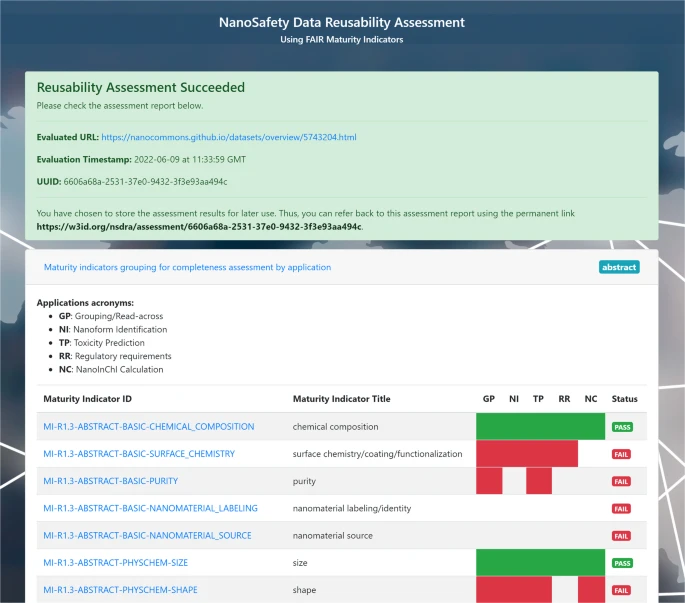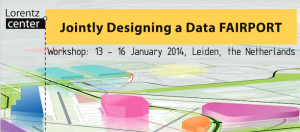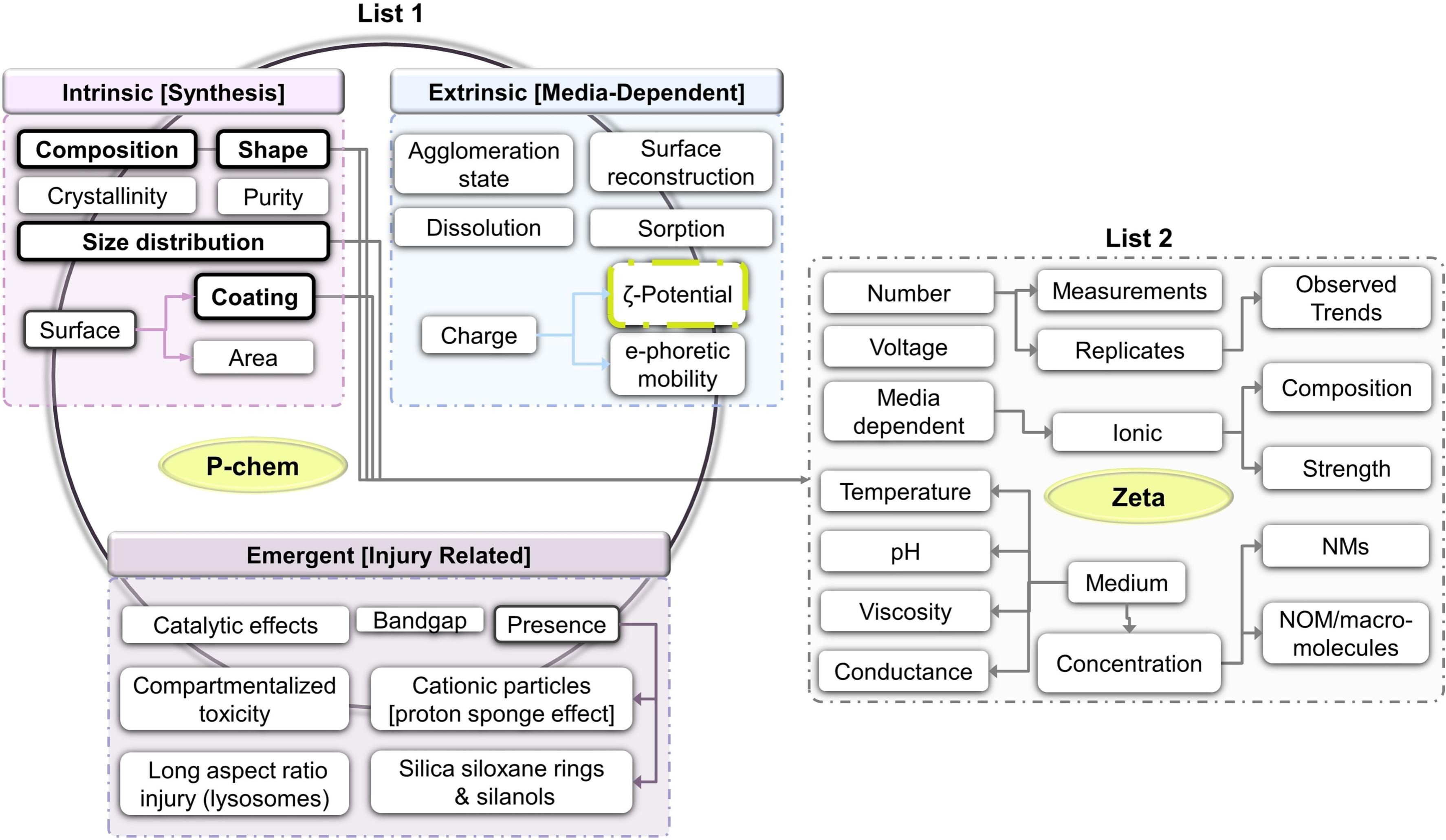
Pensoft have recently introduced “nanopubs”, small structured publications that can be thought of as containing the minimum possible statement that could be published. Nanopubs are promoted as FAIR, that is findable, accessible, interoperabile, and reusable. I like the idea of nanopubs, but the examples I have seen so far are problematic.




